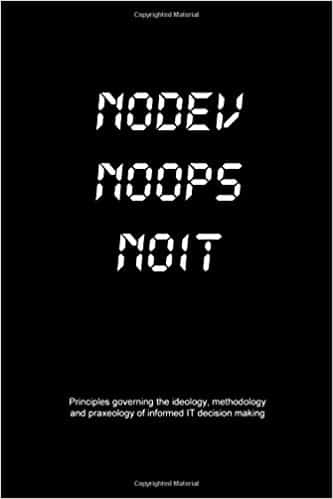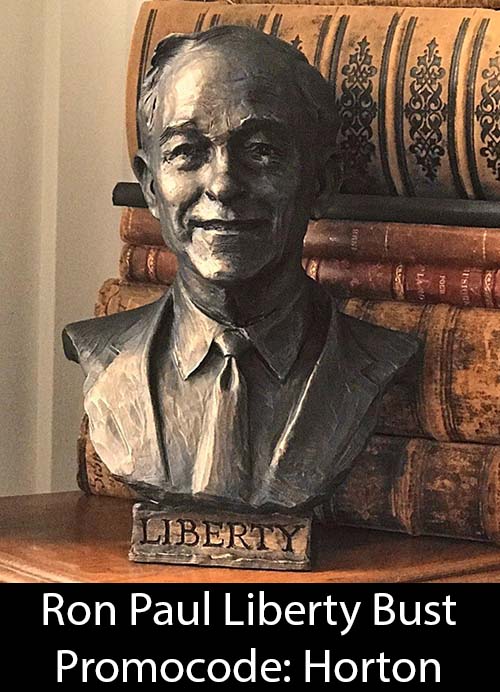‘Zero Dark Thirty,’ a nominee for Sunday’s Oscar for Best Picture, reignited debate about whether the waterboarding of terrorism suspects was torture. This practice, which ended in 2003, was used on only three suspects [tens of thousands of Iraqis and Afghans were tortured by George F. Will’s buddies in the wars that he mongered. -ed]. Meanwhile, tens of thousands of American prison inmates are kept in protracted solitary confinement that arguably constitutes torture and probably violates the Eighth Amendment prohibition of ‘cruel and unusual punishments.’
Noting that half of all prison suicides are committed by prisoners held in isolation, Sen. Richard Durbin (D-Ill.) has prompted an independent assessment of solitary confinement in federal prisons. State prisons are equally vulnerable to Eighth Amendment challenges concerning whether inmates are subjected to ‘substantial risk of serious harm.’
America, with 5 percent of the world’s population, has 25 percent of its prisoners. Mass incarceration, which means a perpetual crisis of prisoners re-entering society, has generated understanding of solitary confinement’s consequences when used as a long-term condition for an estimated 25,000 inmates in federal and state ‘supermax’ prisons ”” and perhaps 80,000 others in isolation sections within regular prisons. Clearly, solitary confinement involves much more than the isolation of incorrigibly violent individuals for the protection of other inmates or prison personnel.















